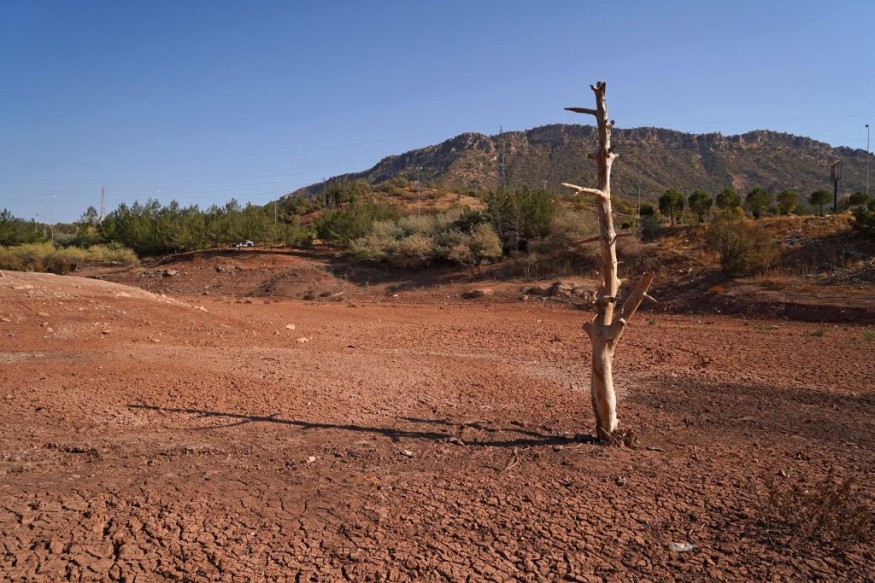A mega drought possibly caused ancient empires to topple 4,200 years ago. The drought is known to the archaeological scientific community as the 4.2 ka BP event, which received wide criticism due to the event's suggestion that a mega drought occurred around the world
The study was published in the journal Science on August 20, 1993. A team of archaeologists, Harvey Weiss and his colleagues, claim that a mega drought disrupted ancient empires around 4,200 years ago.
Drought of a Global Scale

According to Weiss based on the Nature article, the mega drought occurred in many parts of the world, even reaching America and some parts of southwest Asia. However, other researchers dispute that and claim the event was not a global one, but rather is only confined to a certain extended region.
The 4.2 ka BP event started at an archaeological site called Tell Leilan in northeast Syria during the late 1970s. At this site, the archaeologists did not find any signs of earthworms at the excavation site in northeast Syria.
Tell Leilan was a preserved city even before and after the Akkadian Empire. Weiss and his team, in the early 1990s, found the city had been temporarily abandoned. The archaeologists found inhabitants lived in the city from 2,700 to 2,200 BC. There was a 300-year hiatus after with people only returning to the city around 1900 BC.
The team found there was a drought at around 2,200 BC in the region which lasted for several decades. This claim is based on the discovery of a thick layer of sand-like components. This migration indicate the drought prevented the production of crops and affected a society's agricultural capabilities at that time.
The drought-affected large parts of the Middle East and some of its ancient inhabitants, including the Akkadian Empire in Syria and Iraq.
A related research article published in GeoScienceWorld claimed that a similar drought event occurred around 4,200 years ago.
A team of geochemists, including Giovanni Zanchetta of the University of Pisa in Italy, reported evidence that there was evidence of drought in the said era at a cave in Italy.
Consensus and Contestations Among the Scientific Community
Following the discovery of Weiss and his team, a consensus among the scientific community is reportedly emerging that the event occurred approximately 4,200 years ago across a large area.
Nick Scroxton, a paleoclimatologist at Maynooth University in Ireland states, "It's pretty conclusive that the 4.2k event exists in the Mediterranean."
In 2018, the International Commission on Stratigraphy acknowledged geological evidence of the 4.2 ka BP event as the start of the Meghalayan era.
"The 4.2 ka BP event is defined as a phase of environmental stress characterized by severe and prolonged drought of global extent," as reported by the European Geoscience Union (EGU).
The EGU article states the event occurred from the North Atlantic passing through Europe to Asia. This has led scientists to believe a 300-year global mega drought transpired.
The findings of these studies shed light on the importance of studying the effects of drought not only on ancient societies but also on modern human societies.
Hence, researchers said it is crucial to determine the specific events surrounding the drought since it could happen again.
In spite of the official recognition of the global drought event, some scientists speculate that the drought was caused by a sudden climate shift, climate crisis, or a related event. However, uncertainty arises to determine the exact date of the drought event and how it happened.
This uncertainty is still debatable in correlating that such an event has links with human societies in the past. Some anthropologists postulate that the 4.2 ka BP event neglects human societies' capabilities to adapt to droughts.
Related article: Study Shows Drought Worsen Heatwaves, Making the Event Less Deadly
© 2025 NatureWorldNews.com All rights reserved. Do not reproduce without permission.





